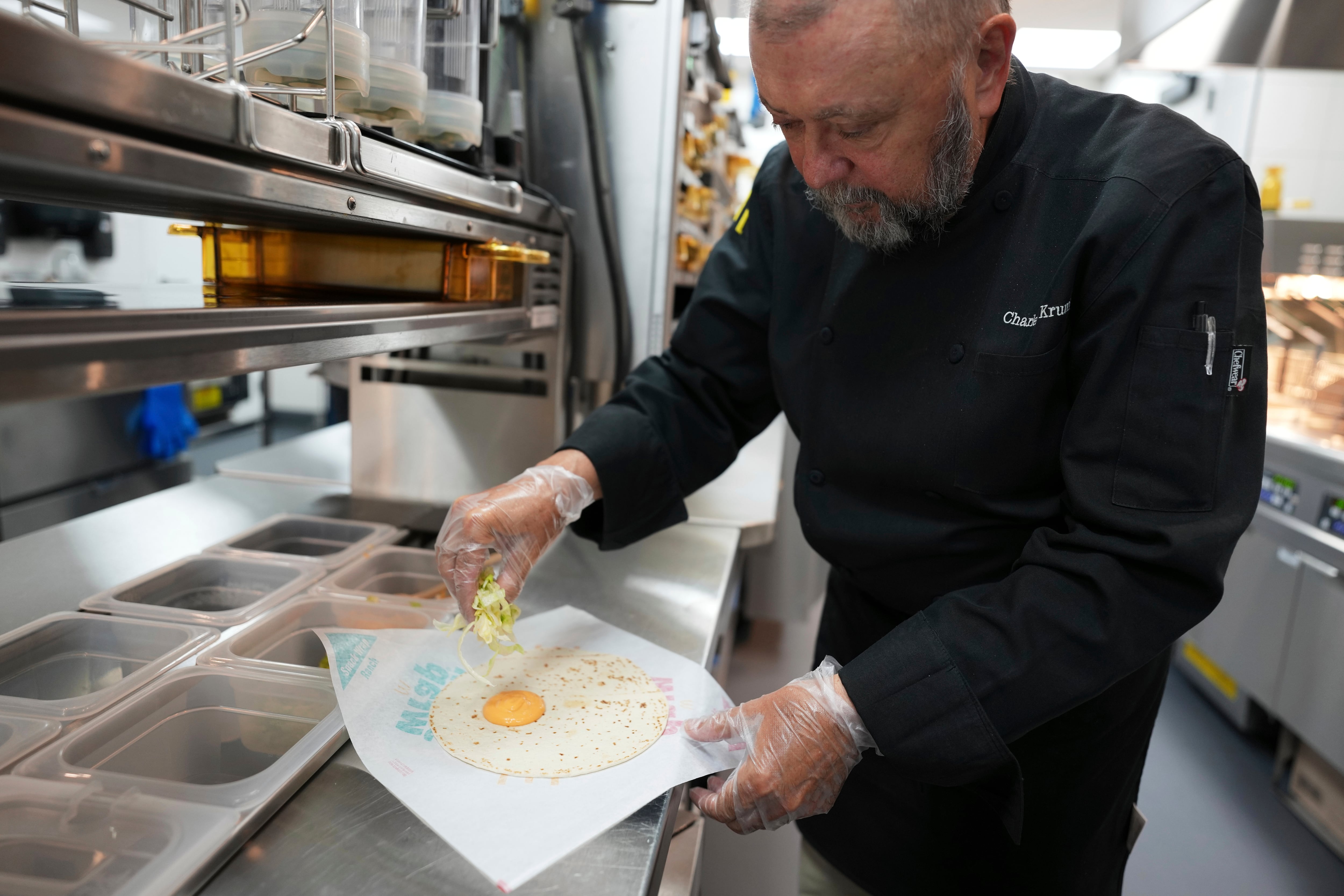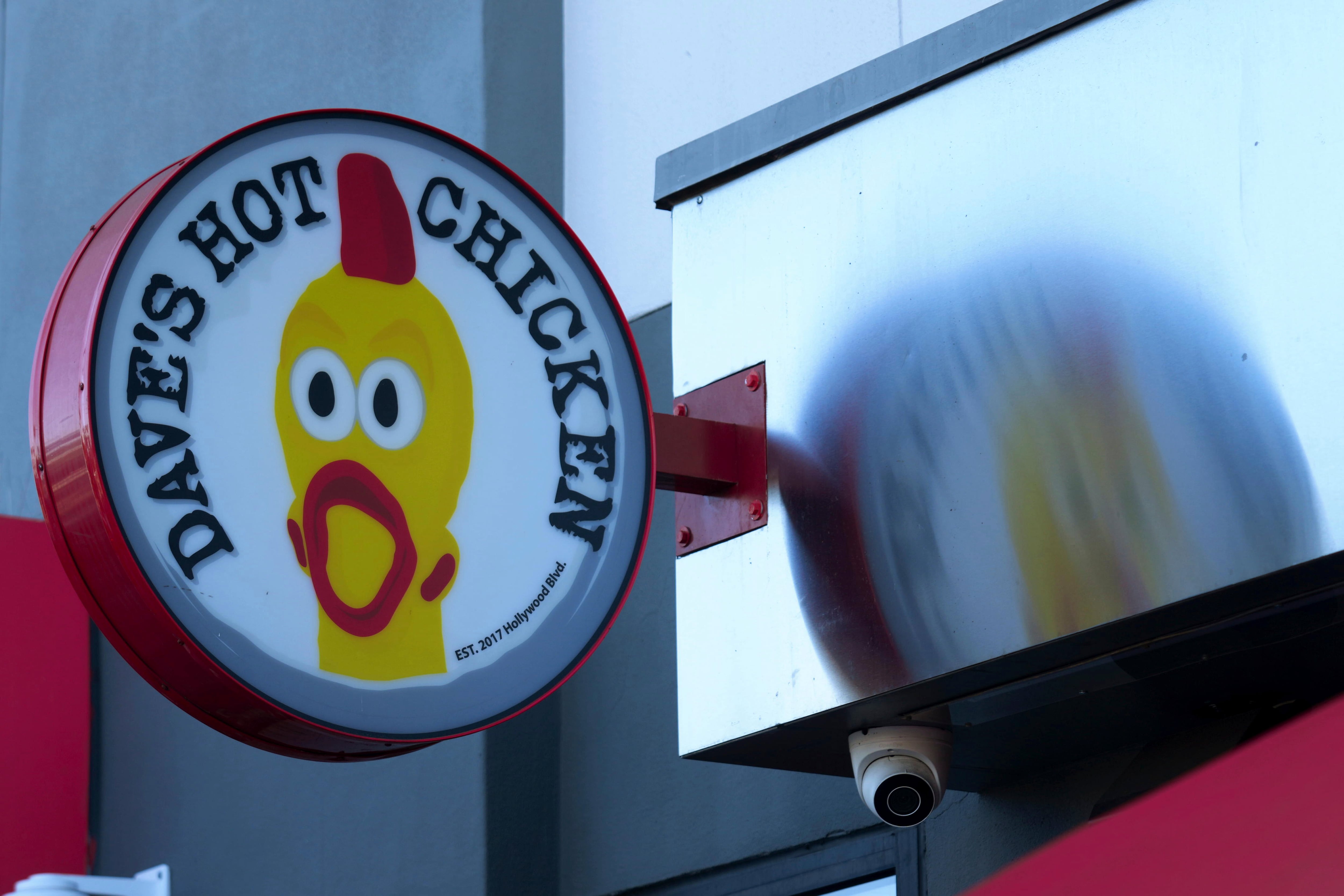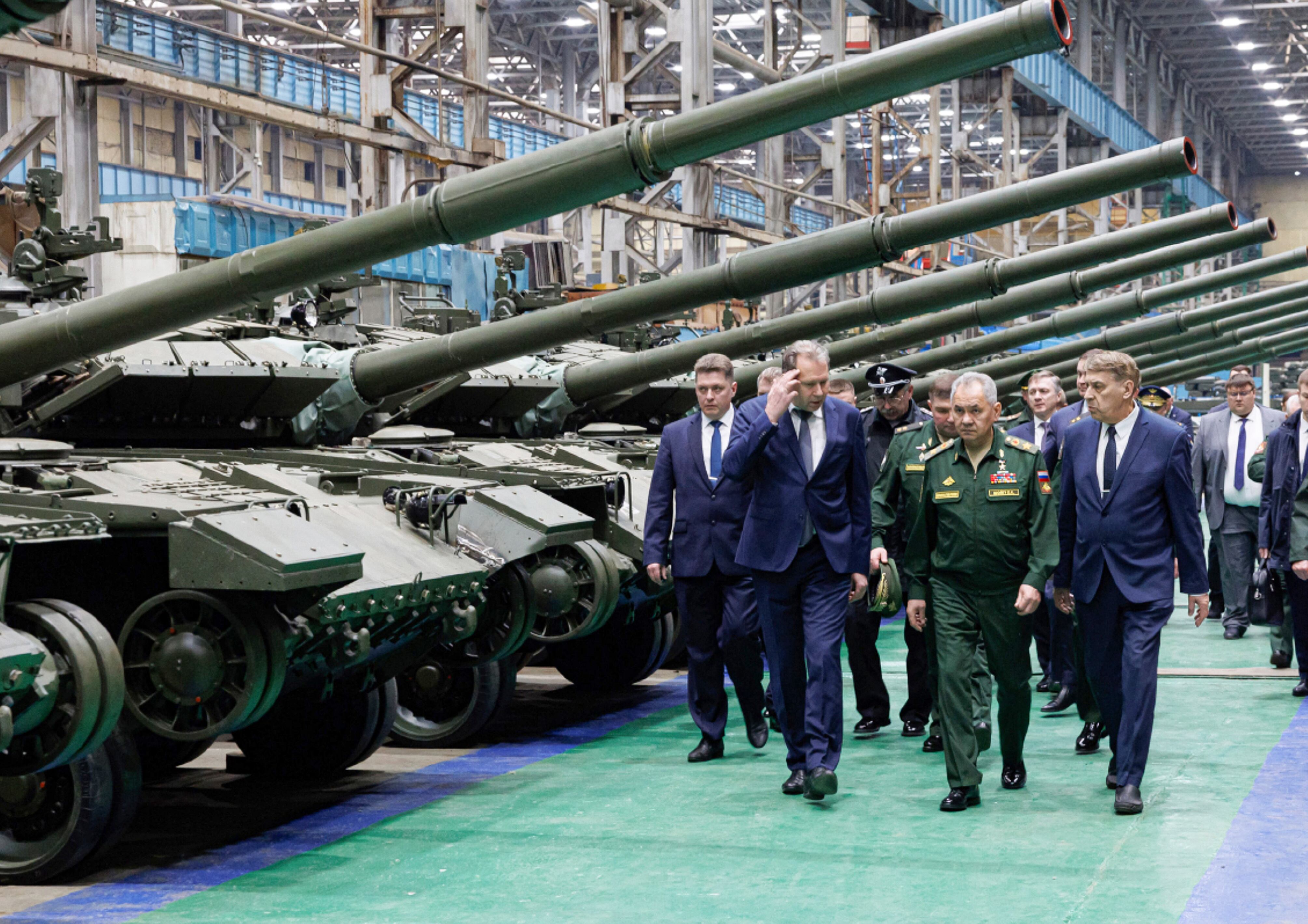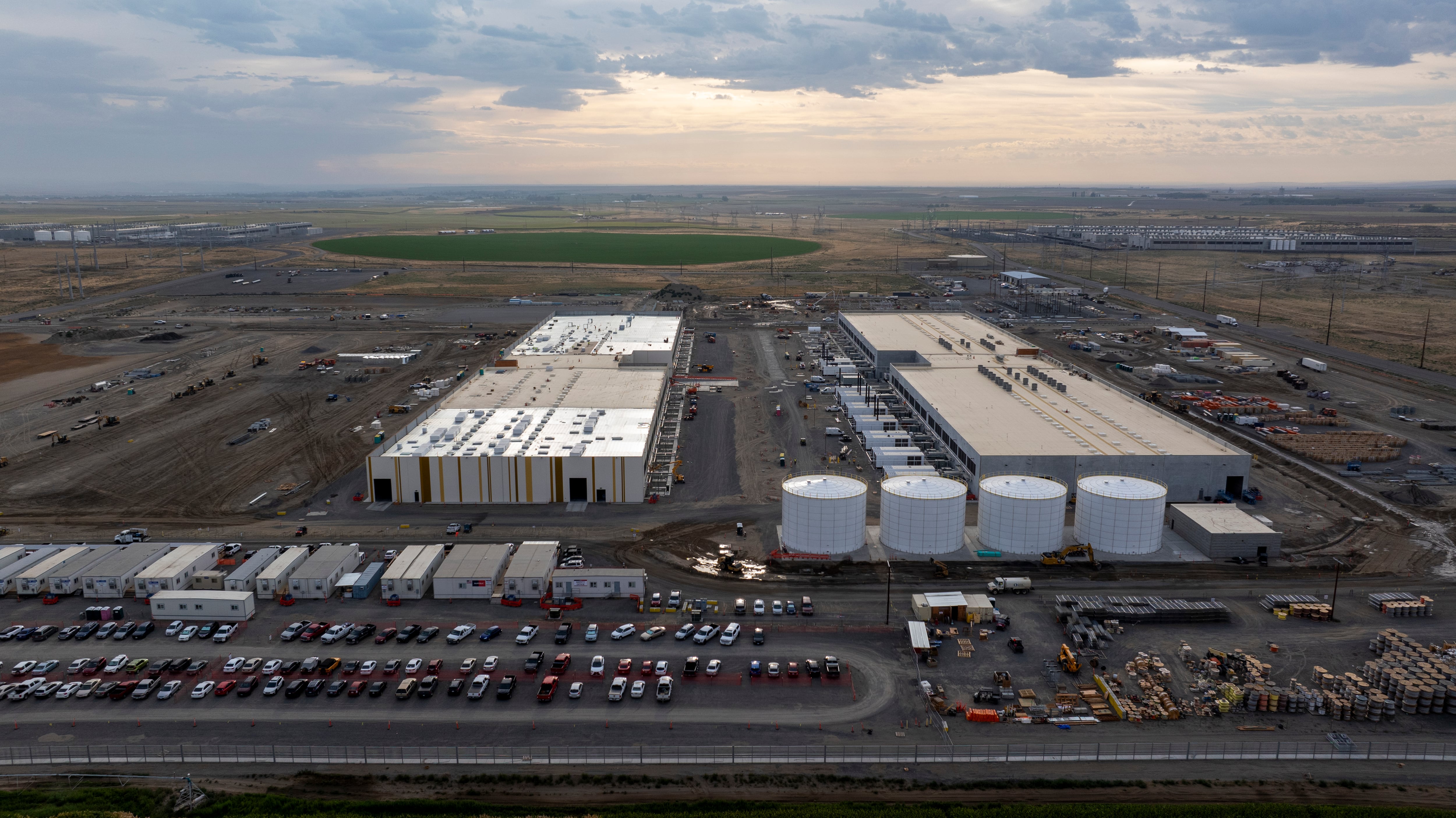The Pittsburgh International Airport has completely overhauled its operations in recent weeks as the coronavirus outbreak cripples the airline industry.
“We’ve got a whole lot of people still working, because that’s what airports do. We stay open,” said Christina Cassotis, CEO of the Allegheny County Airport Authority, which oversees the Pittsburgh International Airport.
The number of passengers coming through the airport has dropped upwards of 90 percent, according to Cassotis. The rapid shift in business has forced a realignment of budget, staffing, and resources at the airport.
The authority cut its capital and operational budgets 15 percent almost immediately after the coronavirus hit the U.S.; consolidated terminals to shut down unused escalators and walkways; and offered a voluntary furlough program and early retirement to a number of employees.
Ten percent of workers took the furlough, Cassotis said, and data is still coming in on the number who accepted early retirement, but at this point she’s not planning on permanently cutting staff.
“Nobody’s been laid off, and we are not going to be laying anybody off. That’s the plan,” she told Cheddar. “There are people who had child care concerns or other family considerations that would have prevented them from coming into work. We wanted to make sure that we didn’t lose them.”
Some employees have also started working remotely, which is uncommon for airports.
“That’s not something we’re used to,” Cassotis said.
In the meantime, there is still much to be done at Pittsburgh International Airport, the second busiest in Pennsylvania, as the coronavirus hobbles much of the economy.
The civil-military airport is still getting steady traffic from military and cargo planes. There has also been an uptick in attempted cyberattacks, which means IT professionals are busy securing the airport.
The goal is for the airport to “be ready for when the industry flips back on,” Cassotis said.
“We’re a pretty lean team,” she added. “I don’t see us being able to do it with fewer employees here at the authority.”












